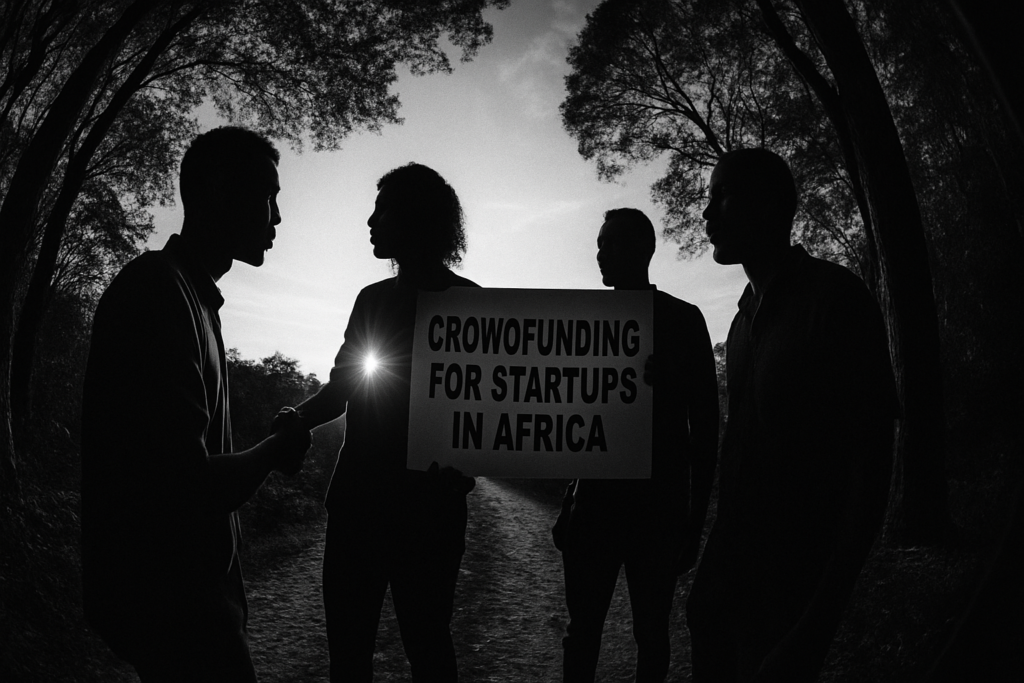Understanding International Development Funds
International development funds play a vital role in supporting startups, especially in emerging markets. These funds offer critical capital, mentorship, and networking resources to foster growth and success.
What Are International Development Funds?
International development funds are financial resources provided by governments, international organizations, or non-profit entities to support the economic growth of developing regions. Unlike traditional venture capital, these funds often come with the aim of sustainable development.
Historical Background of Development Funds
The concept of development funds dates back to the mid-20th century when international bodies like the World Bank started providing financial aid to rebuild war-torn economies. Over the decades, the focus shifted from reconstruction to fostering entrepreneurship and innovation in developing regions. Development funds now prioritize supporting startups to stimulate local economies and create jobs.
Importance of International Development Funds in Startups
International development funds play a critical role in aiding the growth of startups, especially in emerging markets. Their support extends beyond mere financial assistance, impacting various facets of entrepreneurial success.
Access to Capital
Access to capital is one of the most significant benefits of international development funds for startups. These funds provide essential financial support that enables startups to scale operations, hire talent, and invest in technology.
Unlike loans, the capital provided by international development funds doesn’t require immediate repayment, which eases the financial burden on new businesses. For instance, African startups often receive seed funding from institutions like the African Development Bank, facilitating early-stage growth.
Risk Mitigation
Risk mitigation is another crucial aspect of international development funds in startups. These funds often come with risk-reducing mechanisms, such as grants or soft loans, which minimize the financial risks faced by entrepreneurs.
This is particularly beneficial in unstable markets where economic conditions pose additional risks. For example, startups in regions with political instability can use these funds to cover operational risks, making them resilient against market fluctuations.
Networking and Mentorship
Networking and mentorship are invaluable resources provided by international development funds. These funds often include programs that connect startups with industry experts, investors, and other entrepreneurs. Mentorship from seasoned professionals helps new businesses navigate challenges and avoid common pitfalls.
For instance, mentorship programs run by the World Bank connect startups with successful entrepreneurs who offer guidance on business strategy and market expansion. Networking opportunities also facilitate connections with potential clients and partners, broadening market reach and enhancing business prospects.
Examples of Successful Startups Funded by International Development Funds

International development funds have fueled the growth of various successful startups. These case studies highlight how strategic financing and support can transform startups into market leaders.
Case Study 1
M-Kopa, a Kenyan startup, revolutionized the energy sector by providing pay-as-you-go solar power solutions to off-grid communities. Founded in 2011, M-Kopa received significant funding from international development funds like the International Finance Corporation (IFC) and the Bill & Melinda Gates Foundation. By 2023, M-Kopa had connected over 3 million homes in East Africa to affordable solar power, improving lives and reducing reliance on fossil fuels.
Case Study 2
Zipline, an American drone delivery startup, gained prominence by delivering medical supplies in remote regions of Rwanda and Ghana. With funding from international development organizations such as USAID and the Global Health Investment Fund, Zipline expanded its operations to cover more regions. By integrating advanced technology and efficient logistics, Zipline delivered critical supplies, including blood and vaccines, to over 2,500 health facilities, significantly reducing delivery times and saving lives.
Challenges Faced by Startups in Securing International Development Funds
Startups often encounter significant hurdles when trying to secure international development funds. Navigating these challenges is essential for accessing critical financial support.
Stringent Application Processes
Many startups face stringent application processes when seeking international development funds. Fund providers like the International Finance Corporation and USAID often require extensive documentation, including detailed business plans and financial projections.
For instance, a startup in Kenya may spend months preparing these documents, detracting from core business activities. This rigorous vetting process ensures only high-potential startups receive funding but poses a significant barrier for early-stage companies.
Compliance and Reporting Requirements
Compliance and reporting requirements create additional hurdles for startups. Once they secure funds, startups must adhere to strict guidelines and regularly report on their progress.
This often involves submitting quarterly financial statements, impact assessments, and progress reports. For example, a startup funded by the Bill & Melinda Gates Foundation must allocate resources for continuous monitoring and evaluation instead of solely focusing on growth. These requirements ensure accountability and transparency but add operational complexity and administrative burdens.
Strategies for Startups to Leverage International Development Funds
Startups need focused strategies to maximize the benefits of international development funds. It enriches growth avenues and ensures they meet complex funding criteria.
Identifying Suitable Funds
Startups must first identify the appropriate international development funds that align with their industry and goals. Research specific funds like USAID, IFC, and DFID for their focus areas and funding criteria. Look for funds prioritizing sectors such as:
- technology
- healthcare
- clean energy
Analyze previous recipients to gauge compatibility. Use resources like grant databases and industry publications to discover new opportunities.
Effective Proposal Writing
Writing compelling proposals is vital for securing funds. Startups need detailed, clear proposals that address funders’ guidelines. Include precise metrics to demonstrate potential impact.
Articulate how funding bridges gaps and drives growth. Highlight the team’s qualifications and previous successes. Ensure proposals are well-structured and free of errors. Tailor each proposal to the specific fund’s objectives and criteria to increase chances of acceptance.
Building Partnerships
- Building strategic partnerships can enhance the credibility and influence of a startup.
- Collaborate with local organizations, NGOs, and educational institutions to strengthen applications.
- Such partnerships often leverage additional expertise and resources.
- Joint ventures with other startups in the same industry can provide mutual benefits.
- Use these alliances to showcase broader impact and sustainability.
- Maintain continuous communication with partners to keep them engaged and informed.
- International development funds offer transformational potential for startups.
- Identifying suitable funds, crafting effective proposals, and building strategic partnerships can position startups for sustainable growth.

 Chief Marketing Officer (CMO) & Unique Author
Annamae Solanoric is the Chief Marketing Officer and a distinctive voice within the company as a unique author. Combining her passion for storytelling with her deep expertise in branding and digital marketing, she not only leads the company’s marketing strategies but also crafts compelling narratives that engage and inspire audiences. Her work as an author has been widely recognized, and she seamlessly integrates her creative vision into building the company’s brand. Annamae’s leadership in both marketing and content creation drives innovation and helps establish strong connections with clients and partners alike.
Chief Marketing Officer (CMO) & Unique Author
Annamae Solanoric is the Chief Marketing Officer and a distinctive voice within the company as a unique author. Combining her passion for storytelling with her deep expertise in branding and digital marketing, she not only leads the company’s marketing strategies but also crafts compelling narratives that engage and inspire audiences. Her work as an author has been widely recognized, and she seamlessly integrates her creative vision into building the company’s brand. Annamae’s leadership in both marketing and content creation drives innovation and helps establish strong connections with clients and partners alike.
